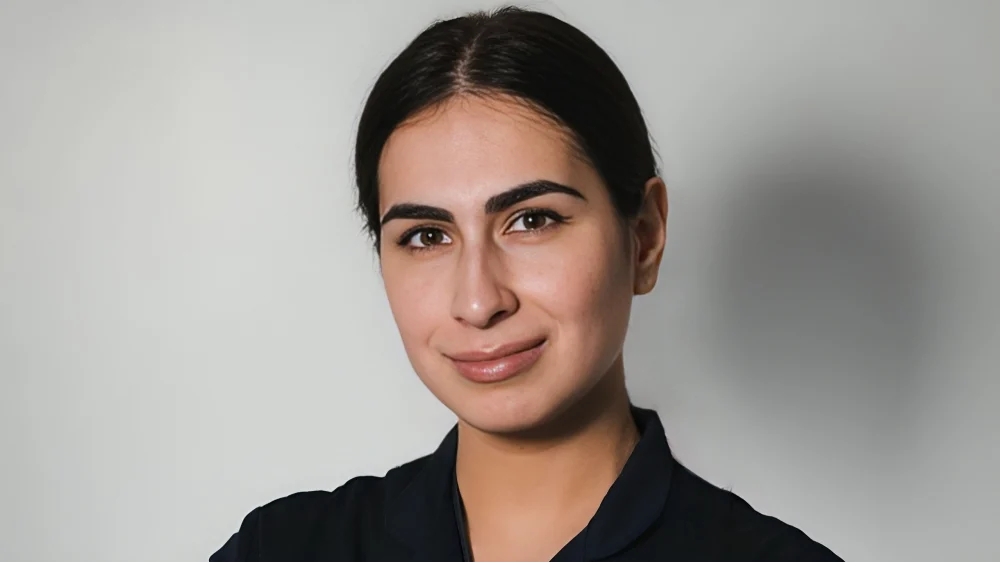
Nargiz Yusifli: What’s the Most Difficult Complication of IVF?
Nargiz Yusifli, shared a post on LinkedIn:
“What’s the most difficult complication of IVF?
The answer might be unexpected.
The hardest complication is not physical – it’s the emotional pain and disappointment.
IVF is not always an easy journey. Its success depends on many factors, subtle details, and, most importantly, the individual characteristics of each couple. We are all different – unique in our genetics, biology, and personal histories.
The most heartbreaking part is going through this long, challenging process… and not seeing the result.
Going through egg retrieval – and getting no eggs.
Getting eggs – and ending up with no embryos.
Getting embryos – and learning after testing that all have chromosomal abnormalities.
Having healthy, high-quality embryos, doing the transfer – and still not seeing a pregnancy.
This is painful – not only for the couple going through it, but also for the doctor walking alongside them.
The success of IVF depends on many elements:
- the woman’s age
- ovarian reserve
- egg quality
- partner’s sperm quality
- overall health
- and dozens of other subtle, often invisible factors.
If every stage were always perfect, reproductive specialists wouldn’t be needed.
But when a couple comes to us, it means there is a challenge – and our path is to search for the solution together.
Only as a team – doctor and patient we can walk this road with full awareness.
From the very start, it’s important to discuss all possible scenarios, evaluate the prospects, set realistic expectations – and then move forward.
When an athlete competes, they accept both outcomes – victory and defeat. Otherwise, their nervous system would simply collapse under the pressure.
I prepare my patients in the same way: respecting their hope, but grounding them in reality.
Because even if the result doesn’t come on the first attempt – it should not become the greatest trauma of their life. It’s not always someone’s fault. Often, it’s simply how the body works.
Sometimes it just needs to be understood more deeply, the right key found – and then success will come.”
-
Oct 11, 2025, 06:44The Global IVF Market Is Set to Reach $65B by 2032 – Meddilink
-
Feb 4, 2026, 00:43Join the 2026 Rising Stars Webinar On February 11 – SSR
-
Feb 4, 2026, 00:18Dalia Alqarni: Urinary Incontinence’s Impact on Women’s Health
-
Feb 4, 2026, 00:16New Study Reveals IVF Success for Women With Endometriosis – Fertility Plus
-
Feb 4, 2026, 00:13Tamuka Chekero: Exploring Relational Autonomy in Infertility Across Cultures
-
Feb 2, 2026, 13:04Optimal GnRH Agonist Dosage for Oocyte Maturation – Fertility and Sterility
-
Feb 2, 2026, 12:39Family Planning Challenges for Women with Lupus – The Lupus Foundation of Australasia
-
Feb 2, 2026, 12:17Anis Feki: Innovative Strategies for Bowel Endometriosis Management
-
Feb 2, 2026, 12:10Revolutionizing Testicular Cell Cultivation with 3D Bioprinting – School of Infection, Inflammation and Immunology, University of Birmingham
-
Feb 2, 2026, 12:07Cesar Diaz Garcia: Age and Its Impact on Male Fertility
